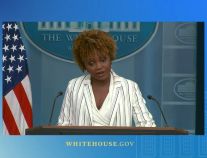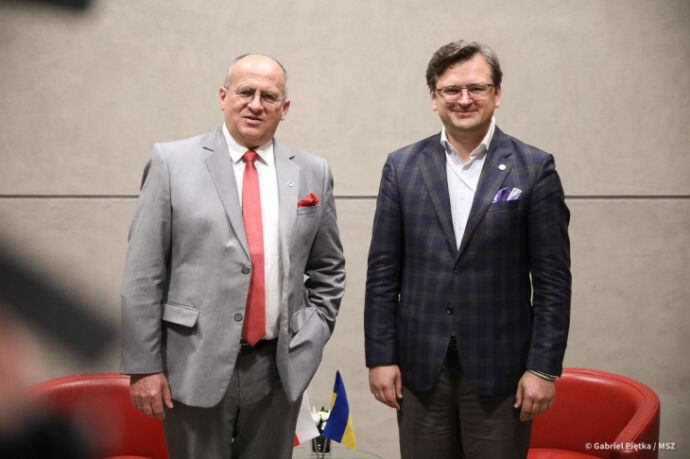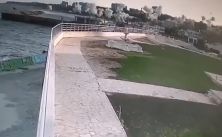OSCE Chairman-in-Office Zbigniew Rau and Ukraine’s Foreign Minister Dmytro Kuleba gave a joint press conference on current developments in Ukraine, steps for contributing to de-escalation, and resolution of the crisis in and around the country, and cooperation between the OSCE and Ukraine.
Here are the key points of Dmutro Kuleba:
Moscow continues to claim that less than for almost eight years, 3% of Ukraine’s territory has been at war with the rest of the country. And they do not run out of troops and ammunition. This sounds absurd. This is a pure manipulation of the OSCE’s fundamental norms and distortion of the reality. Why do we always prepare answers to Russia’s manipulative questions? We must actively ask Russia’s painful questions and demand answers from it.
A difficult situation cannot be resolved without making difficult decisions. The OSCE cannot remain in a passively neutral position. It should demonstrate its determination. We want to see more active work of the OSCE SMM on Crimea as well.
The work of the OSCE SMM in Luhansk and Donetsk oblasts, the largest OSCE field operation, is blocked by Russia – we should do everything possible to unblock it.
Read also: Poland approves free military assistance to Ukraine
Zbigniew Rau underlined that:
The functions of OSCE SMM in promoting dialogue are unique. The SMM is the unbiased “ears and eyes” of the OSCE, almost 700 observers are establishing the facts to gain an accurate picture of what is happening in and around Ukraine.
The OSCE has proposed an unprecedented platform for dialogue. States parties should use it to address security issues more effectively.
Polish Foreign Minister and current OSCE chairman Zbigniew Rau has started his two-day visit to Ukraine. Polish diplomat will visit Kyiv and the contact line in Donbas. February 4, Minister Rau met with US Secretary of State Antony Blinken. They discussed the steps taken by the international community in recent days to find a solution to the strained situation around Ukraine related to the intentional escalation of tensions by Russia.
February 10, political advisers from Russia, Ukraine, France, and Germany hold Normandy format talks on eastern Ukraine in Berlin. Ukraine has voiced its key goals of today’s Normandy Four meeting – unblock Trilateral Contact Group work, activate prisoners’ exchange process, and re-open the checkpoints on the contact line in Donbas.
Read also: No concessions on Ukraine’s territorial integrity, – Berlin and Kyiv trace common red lines













